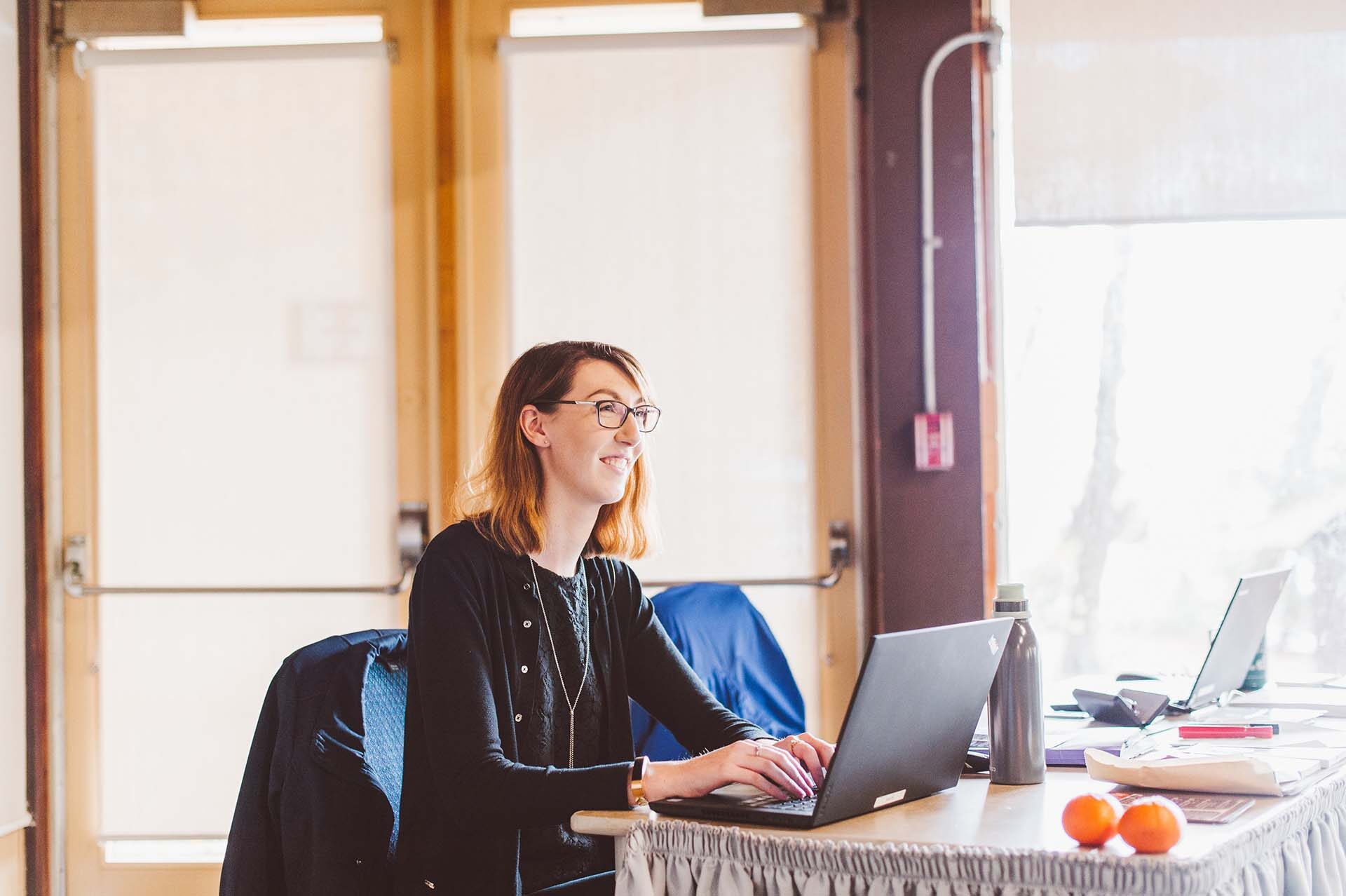Standard First Aid & CPR-C/AED
In partnership with the Lifesaving Society, our Y offers comprehensive training covering all aspects of First Aid and CPR-C. Standard First Aid incorporates all of Emergency First Aid and is designed for those who require a more in-depth understanding of first aid including: legal implications of first aid treatment, spinal injuries, heat or cold injuries, bone and joint injuries, chest injuries, and medical emergencies.
- WSIB approved for the workplace
- Certification is valid for 3 years

Standard First Aid Recertification:
Holders of Standard First Aid certificates from other agencies cannot recertify their certificate on a Lifesaving Society recertification course.
Current Lifesaving Society Standard First Aid (SFA) award holders may recertify their SFA certification just once on a Lifesaving Society SFA Recertification Course not more than three years from the Standard First Aid date of issue. To renew SFA certifications subsequently, award holders must repeat the full SFA Course. Thereafter, individuals may renew by alternating recertifications and original courses.
Once your full course certification has expired (on exam day) you MUST complete the whole course and are no longer able to just do the 1 day recertification course.

CPR-HCP (Health Care Providers)
In partnership with the Lifesaving Society, our Y offers CPR-HCP training. This course provides comprehensive training in CPR techniques and principles for adults, children, and infants, including rescue breathing (artificial respiration) and the use of AEDs and bag-valve masks (BVM). This Health Care Provider (HCP) level course is intended for professionals who are required, as part of their job responsibilities, to respond to medical emergencies—such as PSWs, nurses, paramedics, and other allied health care workers and students.
- WSIB approved for the workplace
- Certification is valid for 3 years
The Lifesaving Society deems its certifications to be “current” for 24 months from the certification date.
How to Register for First Aid and HCP Courses
Before registering, confirm you meet any course prerequisites (age, swim level, or prior certifications). Prerequisites are listed on each course in ACTIVENet.
Sign in/up on ACTIVENet and use the search feature to find the specific certification (Tip: try partial course names such as First), or click the Activities drop down and select Health & Safety Certifications to see a full list.
Add the appropriate course to your cart and check out. Full payment is required at the time of registration to secure your spot.
If you prefer phone support or have questions about dates/fees, call Customer Service at 519-376-0484 ext. 0.
Refund Policy
A service charge of $25 is applicable to every refund or change in schedule. Program fees are refundable prior to start date of class (less $25 service charge). Aquatic Certifications & First Aid course fees are refundable up to two weeks from start date. Refunds requested within the two-week period prior to the course will receive a credit on account only (less $25 service charge). Refunds will not be granted on or after start date of program except for medical reasons. All refunds for medical reasons require a doctor’s note.
